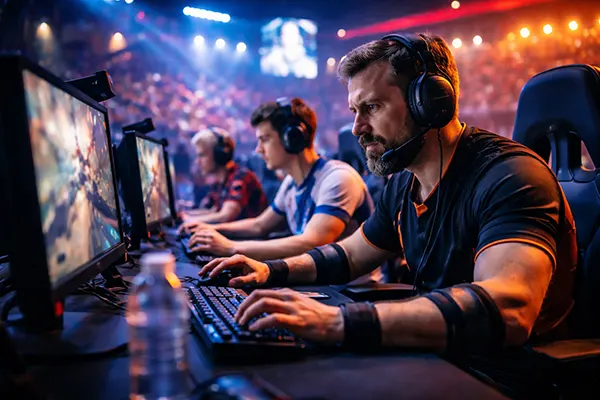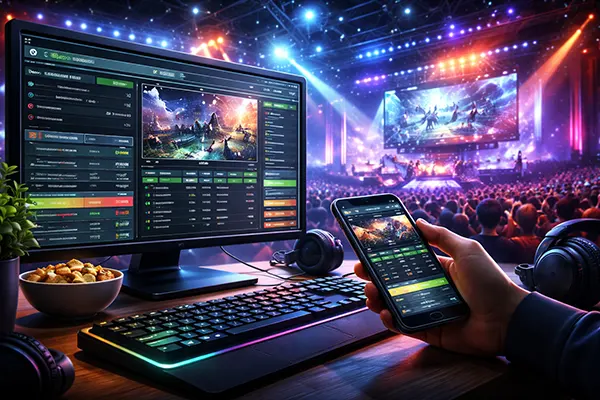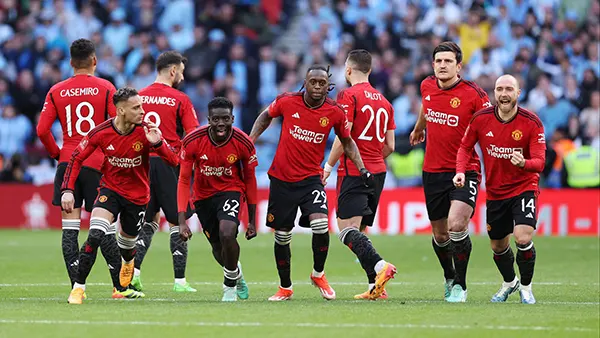Esports and health
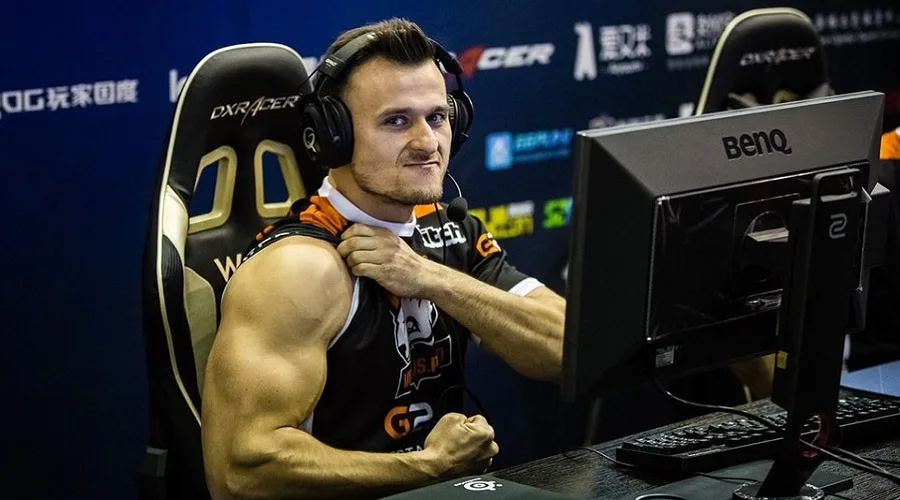
The burgeoning realm of eSports has captivated millions worldwide, turning video gaming into a professional and highly competitive industry. With its rise, concerns regarding the health of professional gamers have emerged, spotlighting both the physical and mental challenges these athletes face.
The mental health of eSports athletes is a topic of growing interest and concern. The intense pressure, long hours of training and high-stakes atmosphere of win4swiss.com competitive gaming can lead to stress, anxiety and burnout. However, eSports also offers benefits for mental health, including the development of cognitive skills such as strategic thinking, teamwork, and communication. Additionally, the sense of community and belonging found within gaming circles can foster social connections and support networks that are beneficial for mental well-being.
Are There “Sports” Injuries in eSports?
Much like traditional sports, eSports athletes are susceptible to a range of physical injuries, often due to the repetitive nature of gaming and prolonged periods of sitting.
- Neck Problems: Extended gaming sessions can lead to neck strain and chronic pain, resulting from poor posture and minimal movement.
- Tunnel Syndrome: Carpal tunnel syndrome is prevalent among gamers, caused by the repetitive motion of clicking and typing. This condition results in numbness, tingling, and weakness in the hand and arm.
- Problems with the Nervous System: The intense focus required for gaming can lead to eye strain and headaches. Moreover, the sedentary lifestyle associated with professional gaming can contribute to broader nervous system issues, including sleep disturbances and chronic stress.
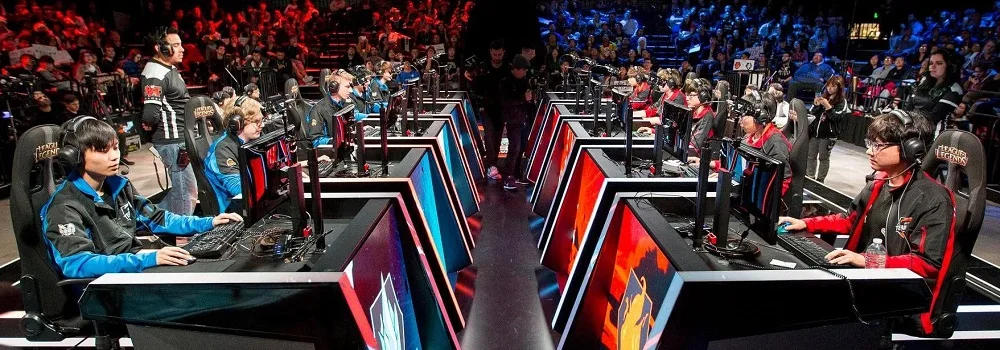
The Benefits of E-sports
Despite these health challenges, eSports heralds significant benefits, positioning it as both the present and the future of entertainment and competition. It offers a platform for intellectual and strategic competition, pushing the boundaries of digital innovation. The inclusivity of eSports, where physical limitations are less of a barrier compared to traditional sports, opens up opportunities for a wider array of individuals to compete at a professional level. Furthermore, eSports fosters global connectivity, uniting players and fans across different cultures and geographies.
How Do eSports Athletes Take a Break from Training?
Recognizing the importance of health and well-being, professional gamers and their teams are increasingly prioritizing breaks and recovery in their training regimes. These breaks include physical activity to counteract the sedentary nature of the games, such as stretching, yoga and gambling at win4swiss.com or working out at the gym. Mental health breaks are also essential, with players engaging in activities unrelated to gaming to relax and recharge, such as reading, meditating, or spending time outdoors. Moreover, professional teams often work with sports psychologists and health professionals to ensure their players maintain a balanced lifestyle, emphasizing the importance of sleep, nutrition, and stress management.
In conclusion, while professional gaming presents certain health challenges, including risks to both physical and mental well-being, it also offers substantial benefits and opportunities. As the eSports industry continues to evolve, the focus on health, wellness, and balance becomes increasingly paramount. By addressing the potential health issues associated with professional gaming and emphasizing the importance of breaks and recovery, the eSports community can safeguard its athletes, ensuring the sustainability and growth of this dynamic sport.


